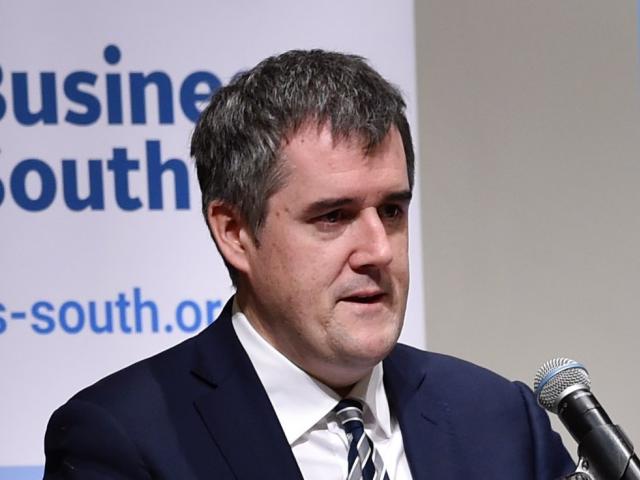
That was the message from Housing and Infrastructure Minister and Associate Minister of Finance Chris Bishop at a post-Budget briefing in Dunedin yesterday, hosted by Business South with the support of the Otago Daily Times and Grand Casino Dunedin.

It took too long to "do stuff" in New Zealand, which was the reason for the Fast-track Approvals Bill, and it cost too much. It cost $1.3 billion every year for infrastructure consents, which was "nuts".
Responding to a question from Otago Daily Times reader Bernard McDavitt who asked what the government’s long- term plan was, adding it looked like a single-term budget, Mr Bishop said the Budget, by definition, was for the next year. It was not a long-term vision statement for the country.
Budget 2024 was the start of fiscal restraint and every dollar needed to be carefully and prudently spent because ultimately it was being taken from taxpayers, he said.
"We cannot keep going the way were were going, racking up debts and big amounts of interest every year. It’s an ongoing process of stripping out the waste in Wellington and redirecting to frontline public service ... rather than frankly nice to have stuff in the back office of Wellington. Budget ’24 is the start of a long-term process," he said.

Major reasons for the high inflation included local government rates and insurance cost increases, which most people could not avoid, and he asked if the government would look at changing the Reserve Bank target, allowing for those "unavoidable cost increases".
He also questioned if the government would look at changing the Local Government Act to ensure rate increases were more realistic, citing the range of increases throughout the region.
Mr Bishop said neither would happen. The Reserve Bank was independent of politicians, while rates were ultimately local decisions for local ratepayers.
"We live in a world where there is local democracy," he said.
United Machinists chief executive Sarah Ramsay said the manufacturing industry was not seeing fit-for-purpose workforce development.
It was not just about doing literacy and science, technology, engineering and mathematics better in schools, but having a curriculum around careers advice. Schools were discouraging pupils from vocational pathways or apprenticeships, she said.
Mr Bishop said the importance of numeracy and literacy should not be underestimated; there was an "astonishing" number of children who left school unable to read and write. It was one of his perennial bugbears that the trades were viewed as "sub-optimal" or "second class" and it should not be like that, he said.











